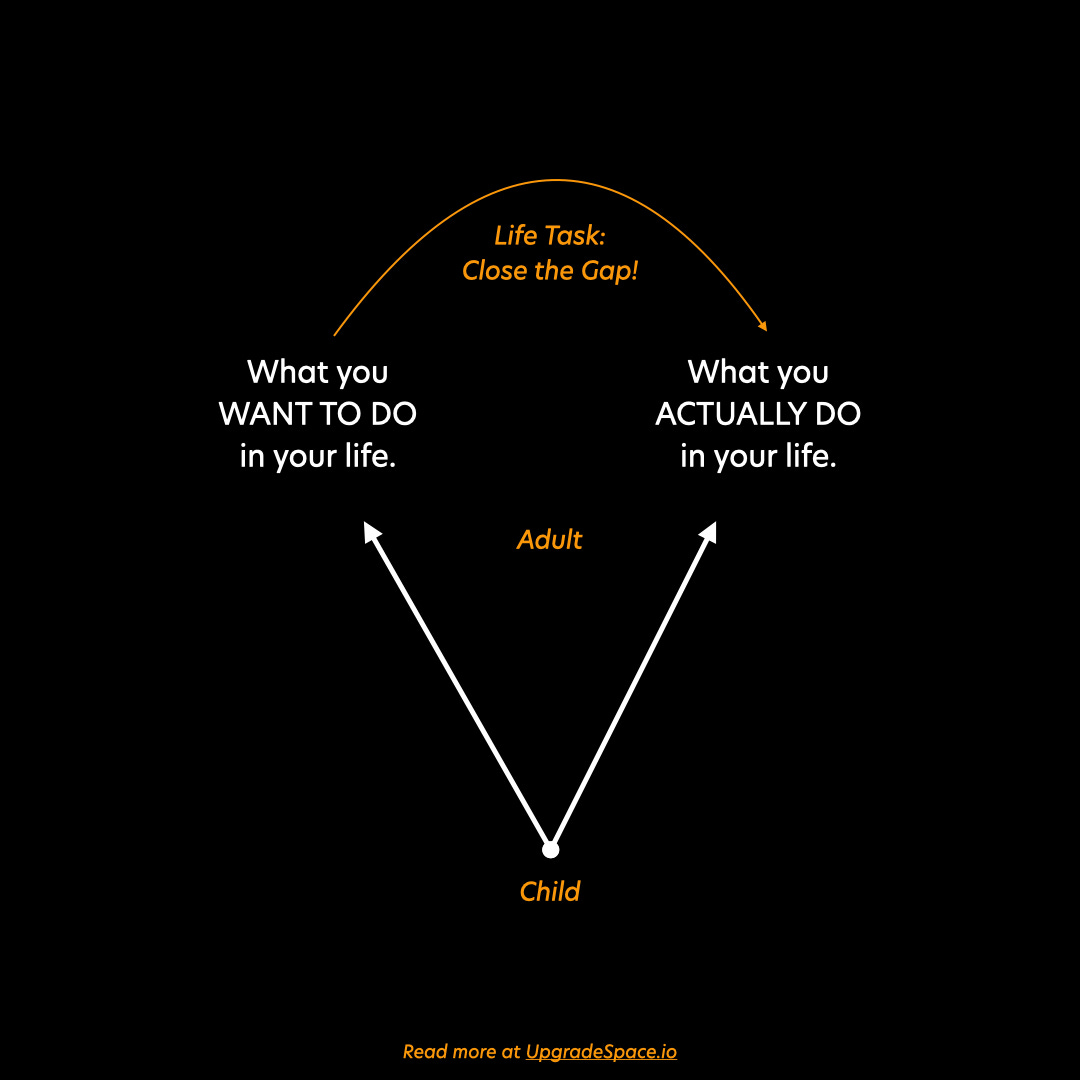S2E1 - What I want to do vs. what I actually do
As a child, many of us knew what we wanted to be: astronaut, race car driver or rocket scientist. In fact, however, not so many realize their childhood dreams. Sometimes it's better that way, you might think, being a racing driver is a dangerous job after all. But still, there was a certain magic in this childhood dreams. The career aspirations were still very close to one's own life dreams, limiting market conditions were not taken into account, only the imaginable was the limit. In the course of a lifetime this turns. One's own wishes are increasingly less taken into account, and instead the demands of the market are taken as the highest maxim. Of course, the market is very important. After all, in Austria, a nation without a space program, I would find it very difficult to become an astronaut. But with a strong market orientation, the danger of living a life that is far from one' s own ideas, interests and desires also increases.
Alfred Adler, founder of individual psychology, speaks of life tasks in the areas of "love," "society" and "work" that each of us must master. In the area of love, for example, it is necessary to find a partner, to live one's sexuality, etc. In the area of the life task work, it is, according to my understanding, about finding an activity that fits one's own goals, interests and abilities. This is not so easy. Therefore, the expression life task fits quite well. It's really a life task to close the gap between what I do and what I want to do. It can literally take a lifetime, too. Some people don't make it either.

The gap between what I want to do and what I do seems to be quite large in society. When I turn on the radio in the middle of the week, I already hear wishes for the weekend to start soon. #TGIF (Thank God it's Friday) is one of the most used hashtags on an average Friday on social media.
Entrepreneurship would actually be a perfect way to become active in the exact field of activity that aligns with one's goals, interests and skills, thus closing the gap between what I want to do and what I end up doing. Nevertheless, I experience many entrepreneurs in my network who are dissatisfied with their work. How does this happen? A thesis: As a partner in a startup center, I have the opportunity to coach many founders in the very early stages of their entrepreneurial journey. What I observe: Founders focus their entrepreneurial plans very strongly on the needs of the market. Customer orientation is the top priority. The business model, the strategy, many of the following years of life are then aligned with what the customer wants. But what does the founder actually want? This question is completely underrated. However, it should be in the first place of an entrepreneurial activity. What do I want in my life? What goals, needs, abilities, desires or interests do I have? And how does my business venture fit with these?In this second season, I will formulate thoughts on this topic area that will be helpful in finding a coherent, personal path.
Last but not least: Don't get me wrong. A customer- / market-oriented approach is very important. Founders who only look at themselves and not at the market or the customers will most likely not be successful. But the needs of the founders should not be sacrificed on the altar of customer orientation. Customer orientation and founder orientation should not be mutually exclusive, but should be combined. More on this in the next episodes of this season.

